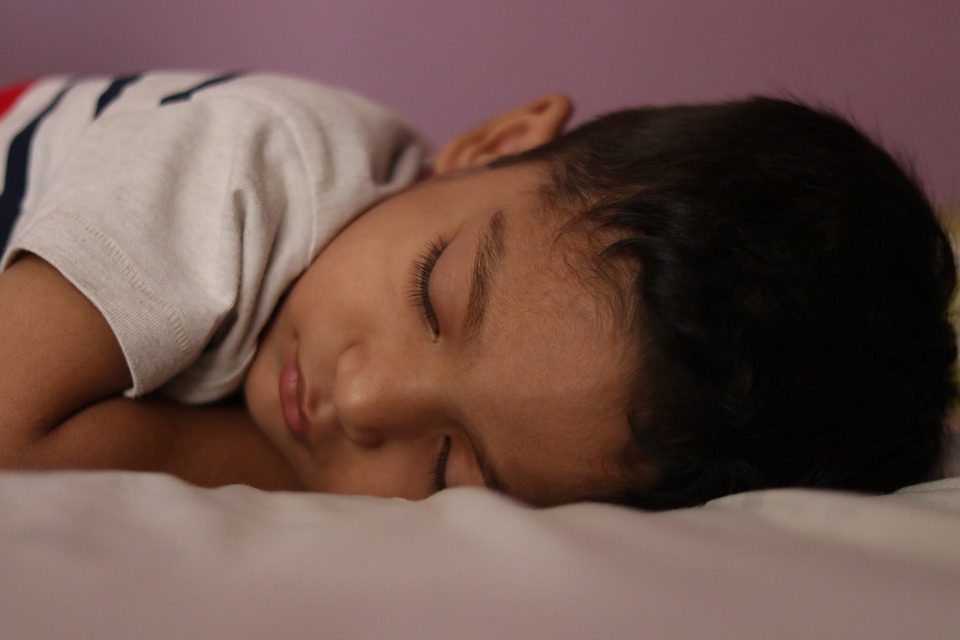How to sleep better at night, we explain it here. Teenagers typically require approximately 8 to 10 hours of sleep. Unfortunately, if you are like a lot of other teens, you may struggle to get enough sleep. Sleep deprivation can leave you feeling exhausted and unable to focus. It also can negatively affect your mood. If you aren’t getting enough sleep, you may find that you don’t perform as well at sports. You may also find that you get sick a lot more often. In some cases, poor sleep habits can even cause you to gain weight.
What steps can you take to sleep better at night? Try using these tips:
Make time for exercise:
If you have ever watched young children play, you probably noticed that they spend all of their time running around exerting energy. When bedtime rolls around, they instantly fall asleep, sleeping soundly through the night. You can tap into the sleep-inducing benefits of exercise, as well, by becoming more active each day. Exercising for an hour each day can help alleviate stress, making it easier to relax at night. Just try to fit your workout in early in the day. Exercising right before bed can make it harder to sleep.
Don’t do drugs or drink alcohol:
Even though it seems like drugs and alcohol make you feel more relaxed, they actually can make it harder to sleep. Although you may fall asleep quickly, you are a lot more likely to wake up during the night.
Shut down your devices:
Stop using your phone or tablet at least an hour before bed. During the night, turn off notifications so that your sleep doesn’t get interrupted. You can always check your messages in the morning.
 Get on a sleep schedule:
Get on a sleep schedule:
If you always go to bed at the same time, you can train your body to feel tired at that time. Try performing the same routine every night before bed, as well. For instance, each night you could cuddle with your pet while you listen to relaxing music. Other activities that you may want to try include reading, journaling, doing crossword puzzles, or taking a bath.
Get comfortable:
Is your bedroom creating a sleep-inducing environment? You probably spend a lot of time in your room studying, relaxing, watching TV but you need to ensure that when it comes to bedtime that you have a dark. A comfortable place to sleep. Is your mattress comfortable enough? It could be that it has lost its support, take a look at nest bedding reviews and think about upgrading your mattress.
Mentally prepare yourself for sleep.
If you are stressed about not getting enough sleep, you are more likely to lay awake all night tossing and turning. To improve your chances of having a good night, periodically tell yourself that you are going to sleep well. Doing this throughout the day can put you in the right frame of mind for sleep by the time evening rolls around. You can also help your body and your mind relax by doing a little bit of yoga or some deep breathing before bed.
Use a Sleep Aid Device
People diagnosed with sleep disorders will need more than turning off their devices before bedtime to sleep better at night. If you have obstructive sleep apnea (OSA), you will most likely need a sleep aid device such as an automatic positive airways pressure (APAP) machine to sleep easier. Breathing problems during sleep are one of the most common symptoms of OSA. An APAP machine helps you breathe regularly, so you can sleep uninterrupted.
Read More: 10 reasons why you need a water dispenser



























